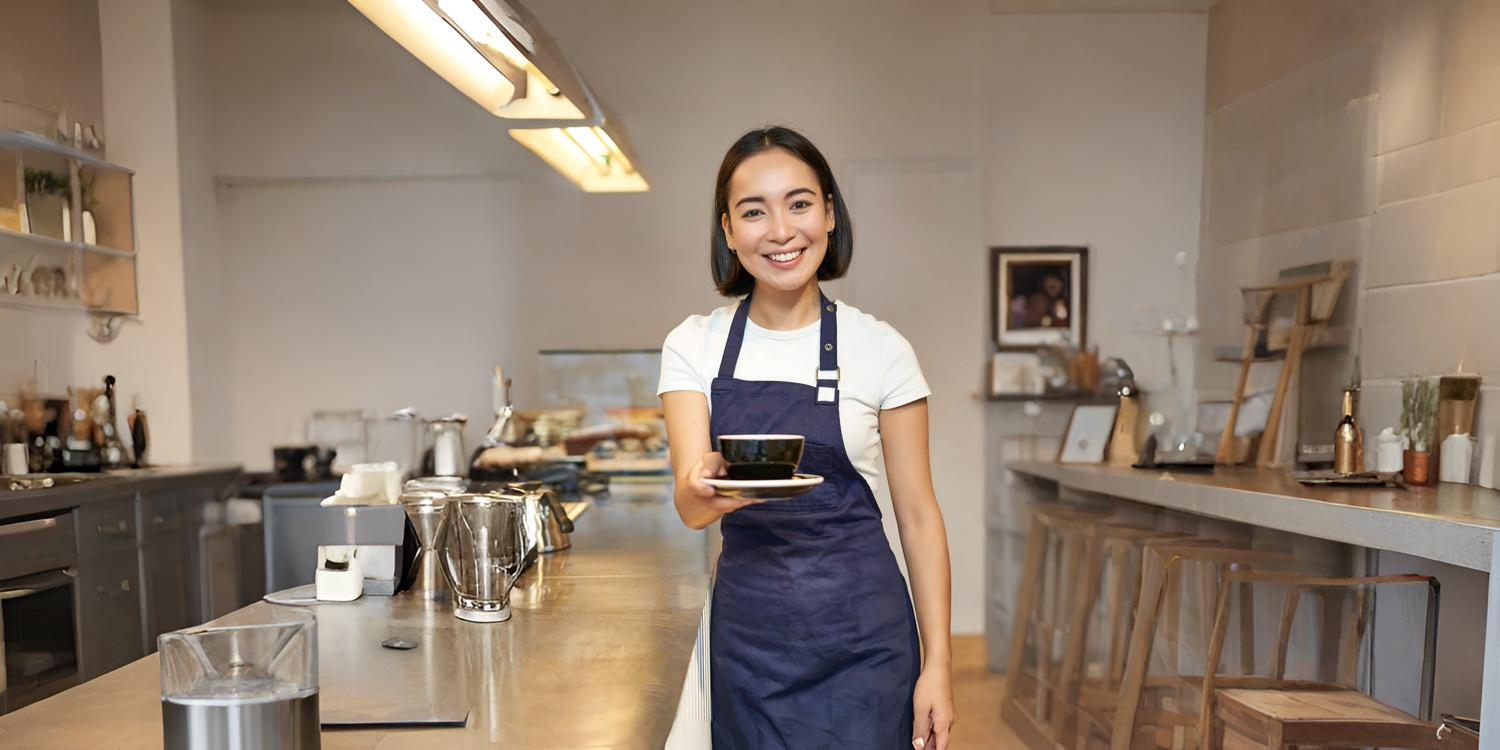India is at a fascinating crossroads where tradition meets modernity, and nowhere is this more visible than in its beverage culture. For generations, tea has been the undisputed choice of comfort and community, yet coffee is steadily carving out its own space. More than a drink, it is becoming a companion for doctors on night shifts, students in libraries, and young professionals in bustling cities. This transformation tells a larger story — one of a youthful nation seeking energy, identity, and global connection.
From Tea Tradition to Coffee Culture
For decades, tea has been India’s faithful companion — from roadside stalls to hospital wards. Yet a new chapter is being written. Coffee, once limited to South Indian filter brews, is now spreading across cities and campuses as a symbol of stamina, aspiration, and global identity.
According to the Coffee Board of India, domestic consumption rose from 84,000 tonnes in 2012 to 91,000 tonnes in 2023. Forecasts predict the market will double by 2030, nearing ₹50,000 crore. For a tea-dominated nation, this steady growth marks an important cultural shift.
Doctors and Coffee: A Daily Ally
No profession in India demands as much endurance as medicine. Doctors face long hours, sleepless nights, and critical decisions — and coffee has quietly become their trusted ally.
A 2023 study in Jammu found that 85.7% of medical students consumed caffeine, with coffee second only to tea as the preferred source. Students highlighted coffee’s role in fighting fatigue, boosting alertness, and sustaining concentration. For residents and hospital staff, coffee kiosks are more than conveniences — they are ritual spaces for focus and community.
Youth and Lifestyle: Coffee as Identity
Among India’s youth, coffee has moved from function to lifestyle. University cafés double as study halls and social hubs, while latte art and cold brews dominate Instagram feeds. Coffee has become a shorthand for ambition and belonging.
Importantly, this shift isn’t confined to metros. Tier-2 and Tier-3 cities are seeing rapid café expansion, with coffee framed as both global and aspirational. In these spaces, coffee is no longer just a drink — it is a statement.
Health and Balance
Medical research supports moderate coffee intake. Global evidence links it to lower cardiovascular mortality and reduced all-cause mortality. Coffee is also associated with lower risks of type 2 diabetes, Parkinson’s, and dementia in long-term studies.
But doctors caution that excess brings risks — from insomnia and anxiety to hypertension. The Indian Council of Medical Research (ICMR) advises limiting caffeine to no more than 300 mg per day (about 2–3 strong cups) and avoiding coffee close to meals to prevent reduced iron absorption.
For doctors themselves, and for the patients they advise, the message is clear: coffee works best in moderation.
Bridging Tradition and Modernity
Coffee’s rise in India is not just physiological but cultural. Doctors returning from international training introduce espresso shots, pour-overs, and cold brews, which blend with local tastes for spiced or milk-heavy cups. Indian roasters now experiment with both traditions, creating a beverage that unites local identity with global belonging.
The Road Ahead
India’s coffee future is likely to rest on three pillars:
- Functional Coffee – blends enriched with antioxidants, adaptogens, and health-focused ingredients.
- Accessibility – kiosks and cafés integrated into hospitals, campuses, and offices.
- Cultural Acceptance – coffee expanding beyond elites to stand alongside tea as an everyday Indian beverage.
Conclusion
India’s relationship with coffee is evolving. For doctors, it fuels stamina and solidarity. For youth, it represents aspiration and lifestyle. For the nation, it signals a cultural blend of modernity and tradition. As coffee continues its rise, it is more than a beverage — it is becoming part of India’s daily prescription for focus, resilience, and identity.
